It is best to avoid the beginnings of evil
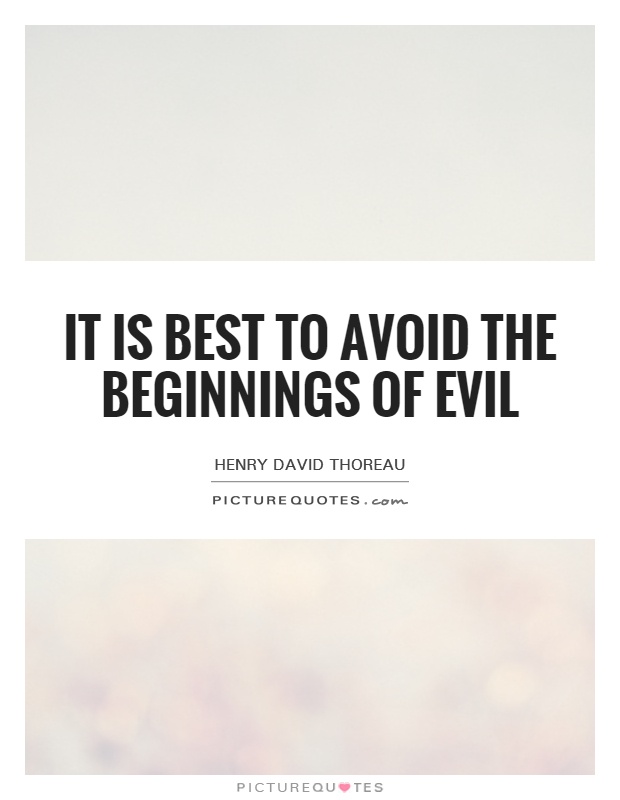
It is best to avoid the beginnings of evil
Henry David Thoreau, the renowned American philosopher, writer, and naturalist, is often remembered for his transcendentalist beliefs and his advocacy for living a simple and deliberate life. One of his most famous quotes, "It is best to avoid the beginnings of evil," encapsulates his belief in the importance of moral integrity and the power of individual conscience.Thoreau's philosophy was deeply rooted in the idea of self-reliance and personal responsibility. He believed that individuals had a duty to follow their own moral compass and to resist societal pressures that could lead them astray. In his essay "Civil Disobedience," Thoreau famously argued that individuals should not blindly follow unjust laws, but should instead act according to their own principles of right and wrong.
Thoreau's belief in avoiding the beginnings of evil can be seen as an extension of his broader philosophy of individualism and moral autonomy. By recognizing the potential for evil in even the smallest of actions, Thoreau emphasized the importance of self-awareness and ethical decision-making. He believed that by being mindful of our choices and their potential consequences, we could avoid falling into a pattern of immoral behavior.
Thoreau's emphasis on avoiding the beginnings of evil also reflects his belief in the interconnectedness of all things. He saw the world as a complex web of relationships, where every action had a ripple effect that could either contribute to the greater good or perpetuate harm. By recognizing the potential for evil in our actions, Thoreau believed that we could take responsibility for our impact on the world and strive to make choices that aligned with our values.


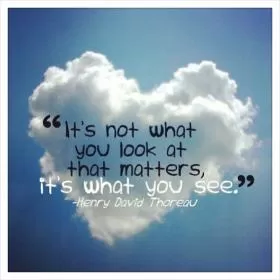

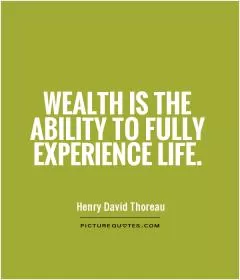

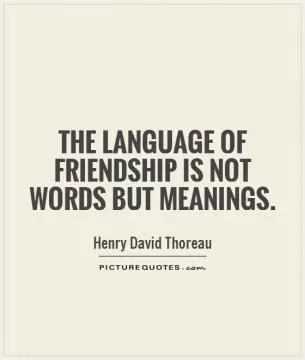
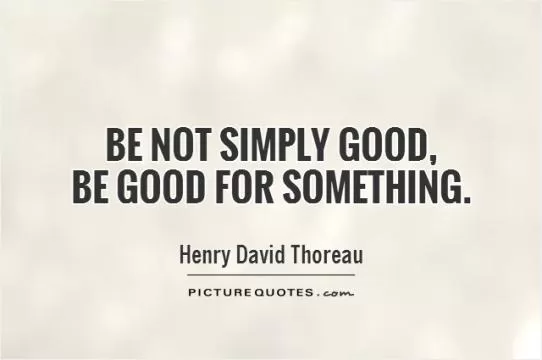




 Friendship Quotes
Friendship Quotes Love Quotes
Love Quotes Life Quotes
Life Quotes Funny Quotes
Funny Quotes Motivational Quotes
Motivational Quotes Inspirational Quotes
Inspirational Quotes